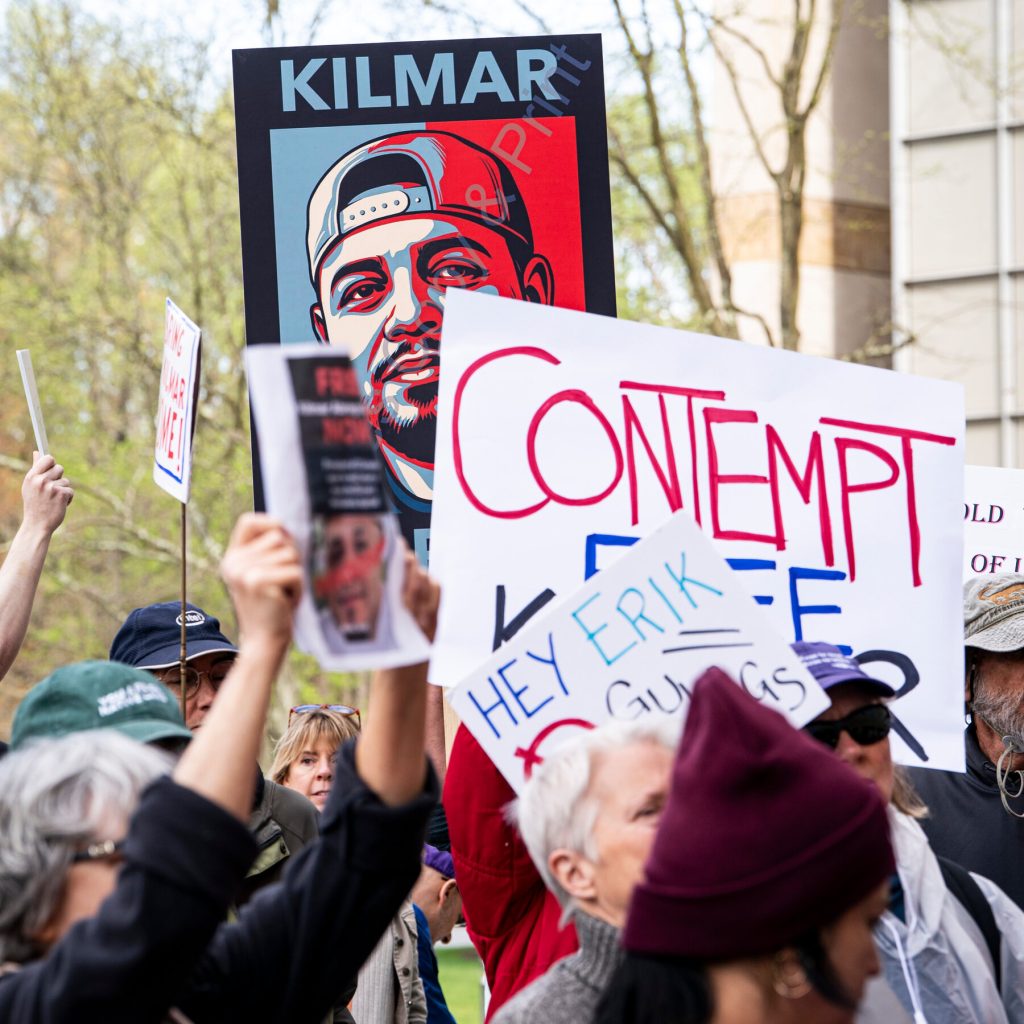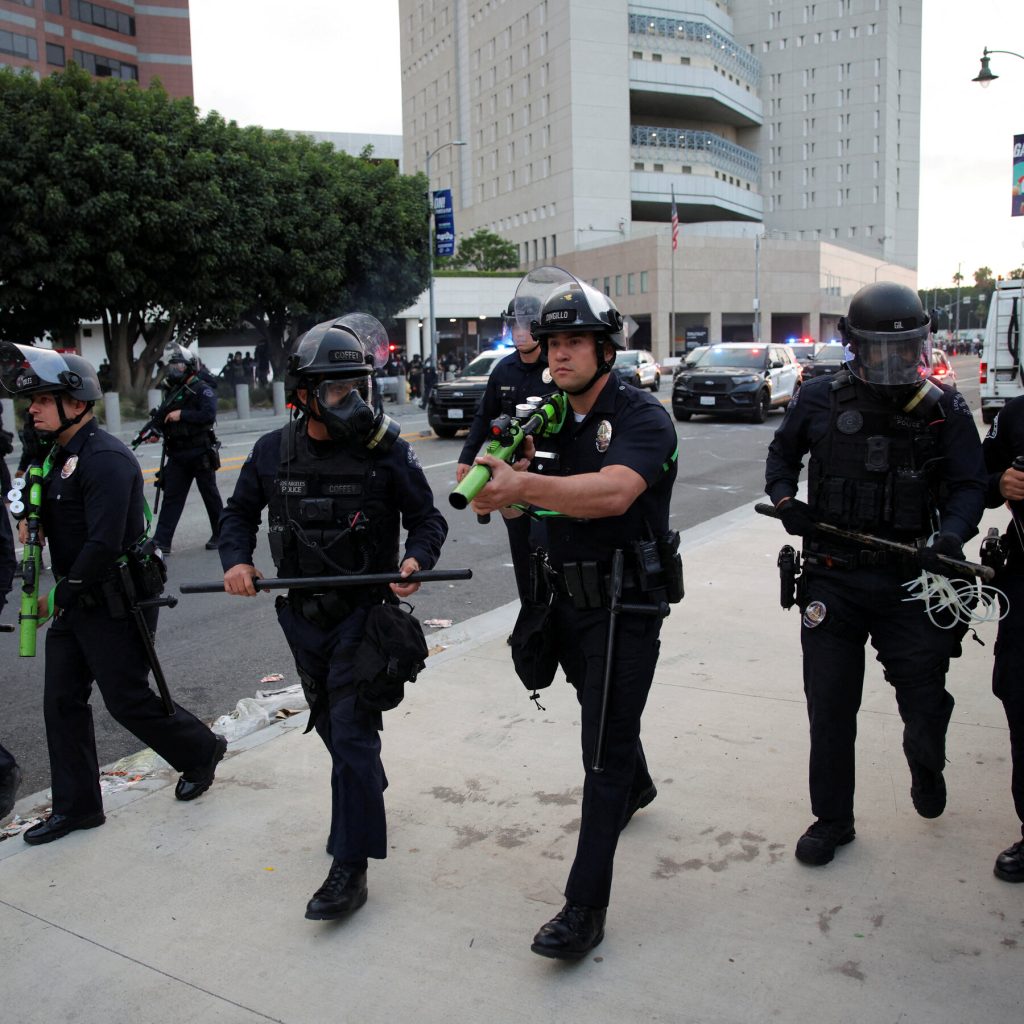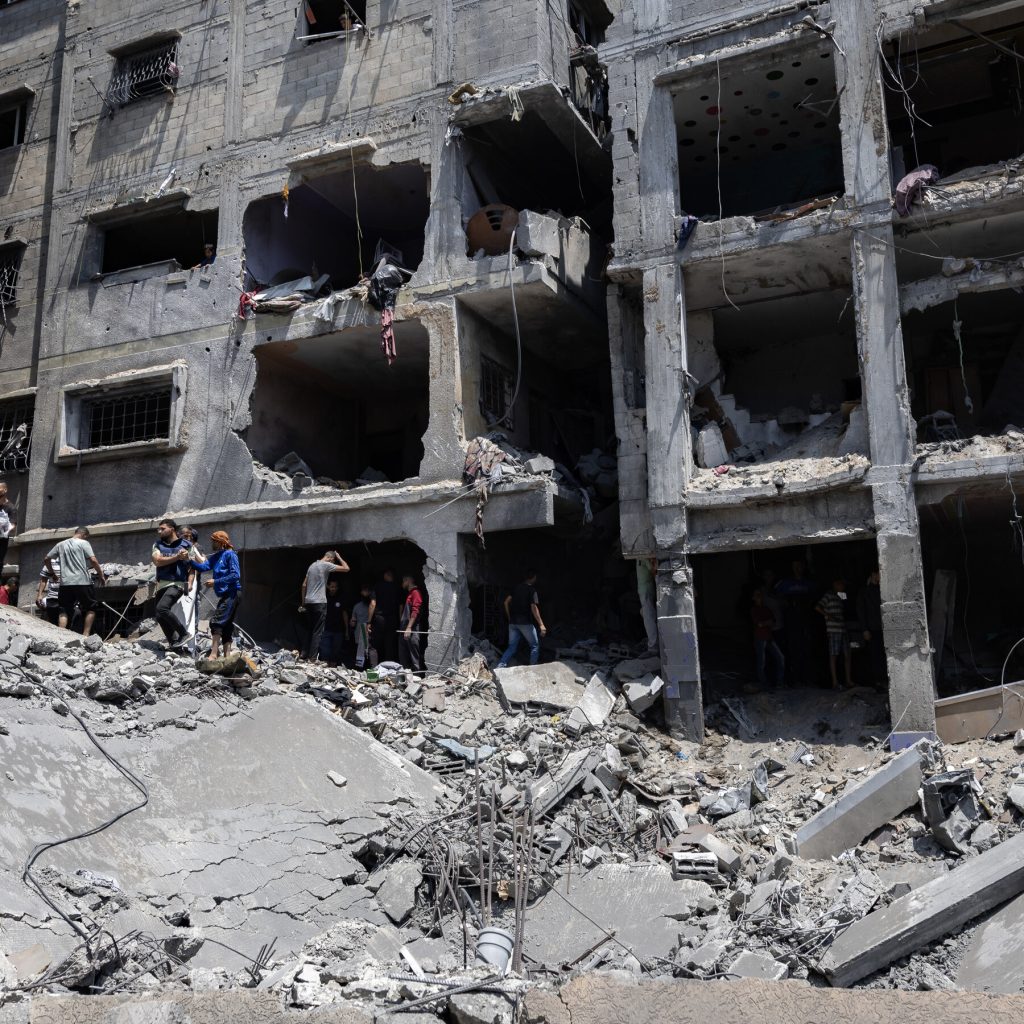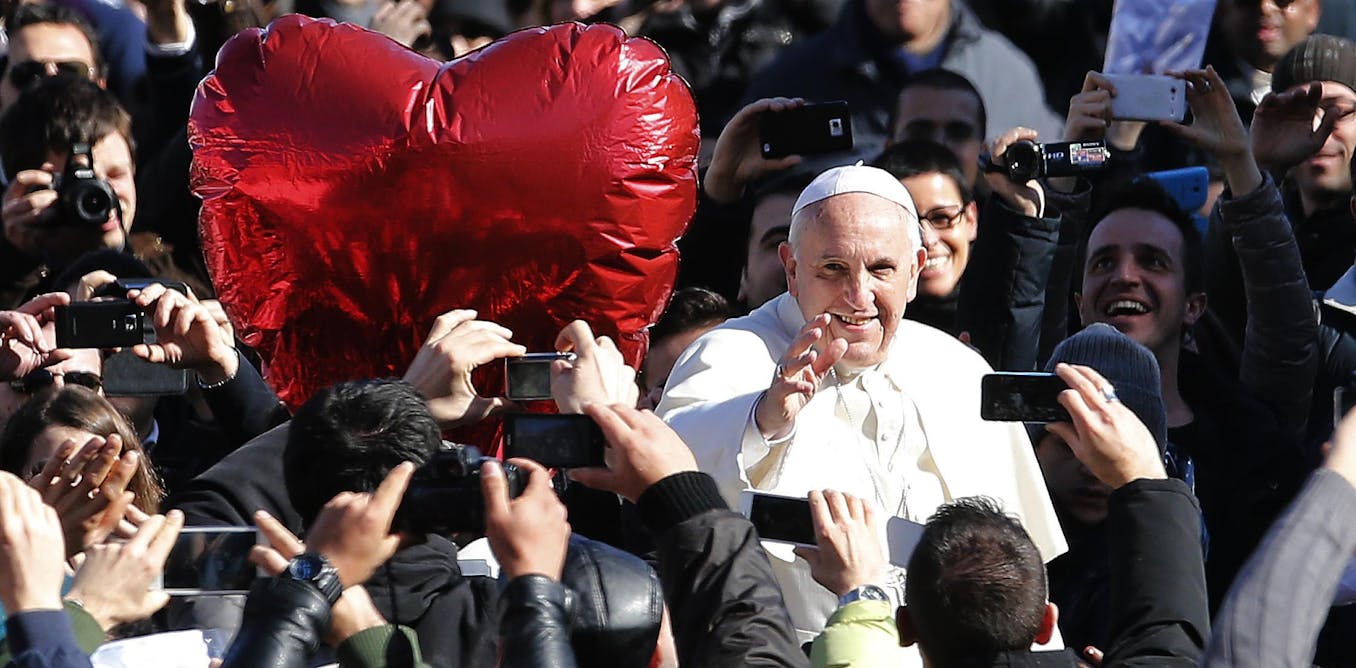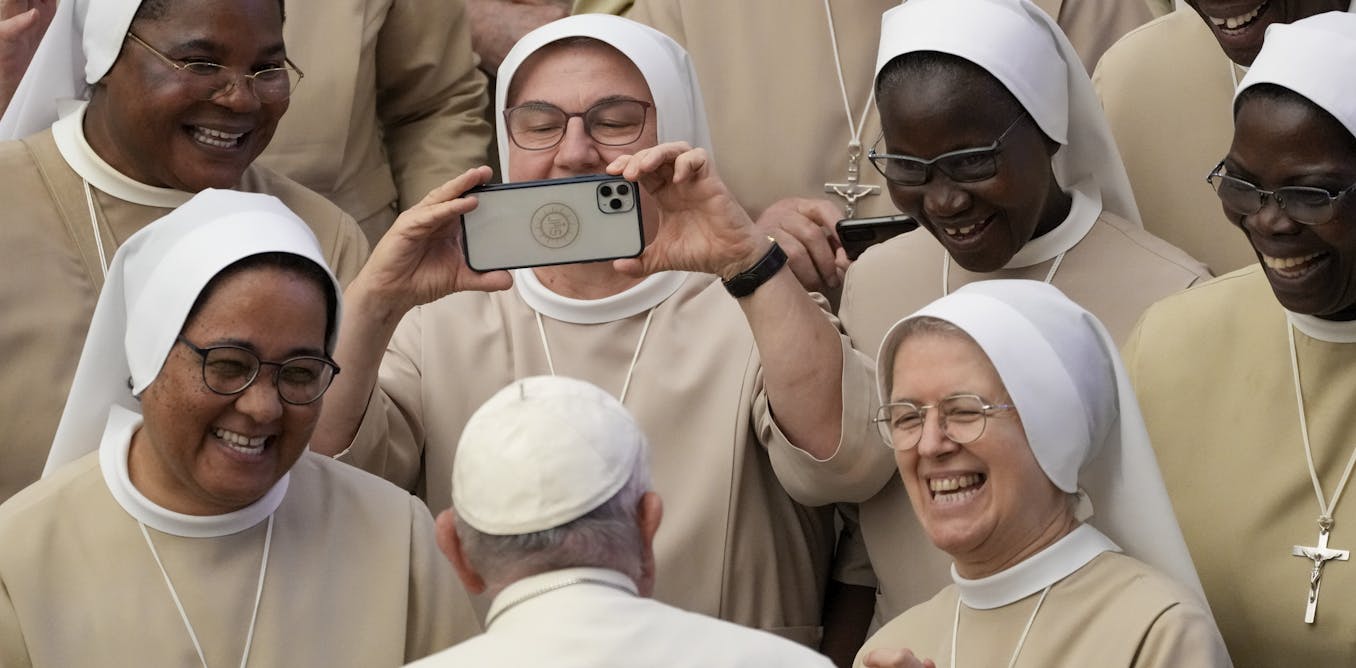Now Reading: Pope Francis has died, aged 88. These were his greatest reforms – and controversies
-
01
Pope Francis has died, aged 88. These were his greatest reforms – and controversies
Pope Francis has died, aged 88. These were his greatest reforms – and controversies
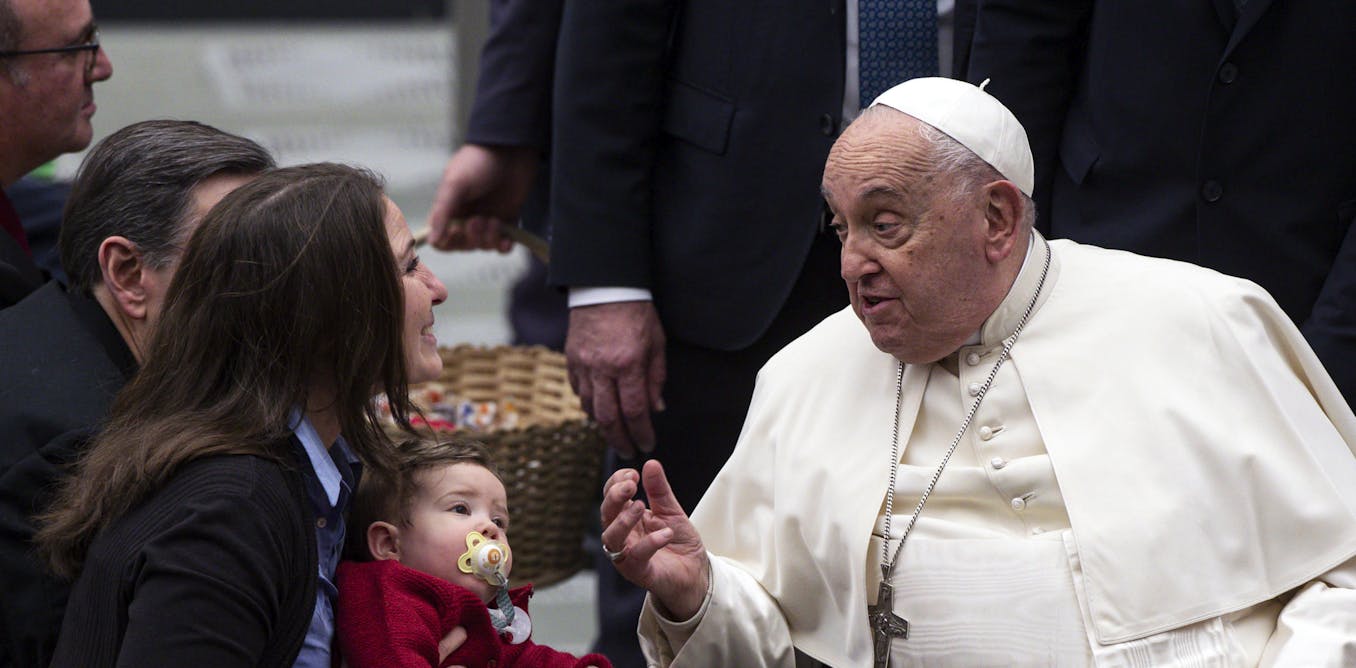
Pope Francis passed away on Easter Monday at the age of 88, as announced by the Vatican. The head of the Catholic Church had recently recovered from a severe case of double pneumonia that had led to his hospitalization.
Cardinal Kevin Farrell shared the news of Pope Francis’ death, expressing deep sorrow and announcing that the Bishop of Rome had returned to the Father’s house at 7:35 in the morning.
Pope Francis’ papacy was marked by several notable firsts, including being the first Jesuit pope, the first from the Americas and the southern hemisphere, the first to choose the name “Francis,” and the first to deliver a TED talk. He was also the first pope in over 600 years to be elected after his predecessor’s resignation rather than their death.
Throughout his papacy, Pope Francis sought to bring about change and present a new perspective on the role of the papacy. He made unconventional decisions, such as choosing to be buried in the Basilica of St. Mary Major in Rome instead of the Vatican, a departure from tradition that had not been seen in centuries.
The late Pope had requested a simplified funeral ceremony, emphasizing that the funeral of the Roman Pontiff should reflect his role as a shepherd and disciple of Christ rather than a powerful figure in the world. Pope Francis’ legacy is marked by his unique approach to issues within the Catholic Church, straddling a line between progressive and conservative viewpoints.
Despite facing criticism from various factions within the Church, Pope Francis emphasized love, inclusivity, and listening through synodality as key aspects of his papacy. His commitment to environmental teachings, social justice, and dialogue shaped his legacy and sparked important conversations within the Catholic community.
Pope Francis’ papacy brought both joy and controversy, challenging the Church to reflect on its identity and mission in the modern world. He leaves behind a legacy of seeking unity and love, encouraging the Church to embrace dialogue and synodality in moving forward.


